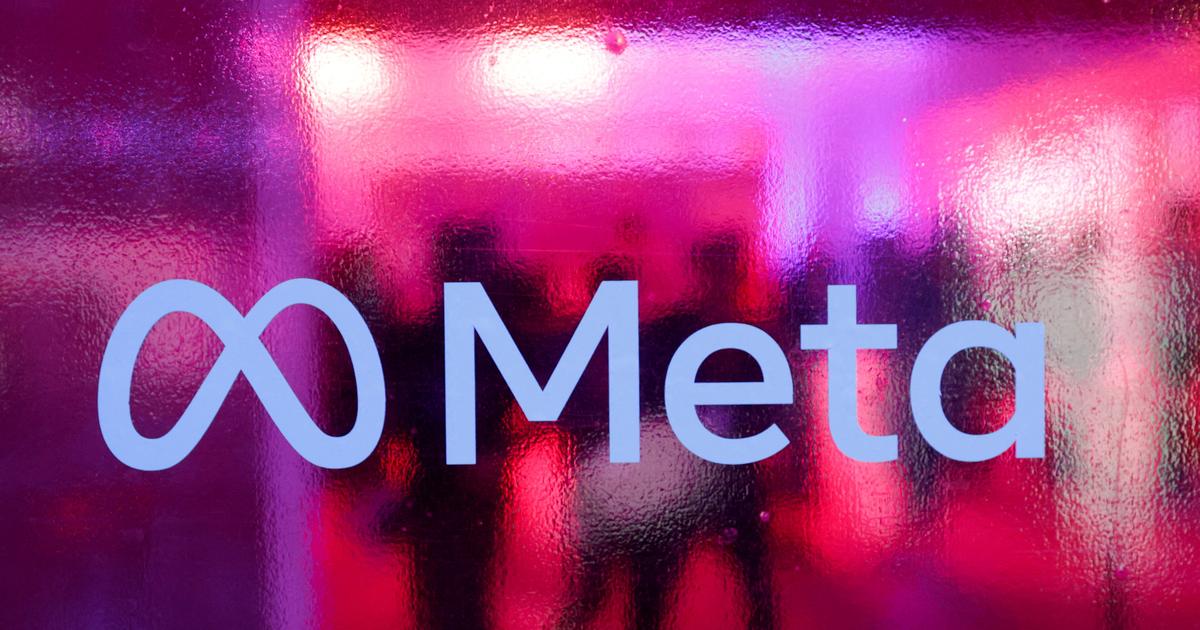Parents sometimes dream of seeing their children become stars, models or actors.
In recent years, child influencer accounts have multiplied on the web.
But these images sometimes end up in the hands of adult men openly attracted to children, reveal two separate investigations from the Wall Street Journal and the New York Times.
To discover
PODCAST - Listen to the latest episode of our Tech Questions series
Since 2023, Meta's paid subscription feature allows influencers to request donations or charge for access to exclusive content (posts, live videos, reserved stories).
Prices range from $0.99 to $99 per month.
The service, which aims to encourage influencers to produce additional content by offering them a new source of income, is subject to abuse.
Alerted internally for several months, Meta ensures that its program is secure.
Instagram and Facebook only allow adults to sell content, but adults can manage accounts on their child's behalf.
The two investigations reveal that parents would have voluntarily sexualized their children in order to earn more money.
This exclusive content often features little girls in swimsuits, leotards or doing gymnastics.
The photos are not pornographic or erotic and do not show nudity: this would expose them to Instagram's automatic moderation.
But they are suggestive to a pedophile audience.
Alerts from 2023
Subscribers to these children's accounts, who purchase access to these photos and chat sessions, have explicitly sexual usernames and freely comment on the posts with remarks of the same ilk.
It is difficult not to understand their real intentions.
The New York Times analyzed 5,000 children's accounts managed by their parents.
They are followed by 32 million men.
“Suggestive”
posts
are more likely to receive
likes
and comments.
And in exchanges on Telegram consulted by the American media, men openly fantasize about the children they follow on Instagram and congratulate the platform for making these images
“so easily accessible”
.
And for good reason.
According to reports produced by Meta teams, Instagram's recommendation system tends to promote "child model"
accounts
to this audience.
The comments under these little girls' publications are sometimes very explicit.
Screenshot Le Figaro
Two Meta teams warned the platform of these abuses last year, in internal reports, reveals the Wall Street Journal.
They then advised that all child star accounts self-report to Meta so that they can be closely monitored by moderators.
In these reports, employees point out that some parents know full well that they are producing content aimed at potential pedophiles, or even making their children interact with messages of a sexual nature.
The
Wall Street Journal
also found that parents were promoting photos of their children on a Facebook page with 200,000 subscribers, dedicated to creators of adult sexual content.
Also read: 2 years old and already a star on TikTok... A new law protects children overexposed by their influencer parents
The investigation claims that despite warnings from its teams, Meta preferred to opt for an automated system to identify and then prevent suspected pedophiles from subscribing to children's accounts.
A ban that could be circumvented by creating a new profile.
“Application errors
”
Meta also acts against parents who exploit the image of their children.
Last year, one of these profiles was banned.
But the
Wall Street Journal
found that it was eventually reinstated, and even received official verification, gaining hundreds of thousands of subscribers.
Following several reports from the American media, Meta deleted problematic child influencer accounts and recognized
“errors in the application of our rules”.
However, the company has not always taken care to delete the
“backup”
profiles of these accounts, even though they are displayed in their biographies.
We launched creator monetization tools with a robust set of security measures and multiple controls over creators and their content
Andy Stone, Meta spokesperson.
The group says it has started filtering accounts that sell these subscriptions using the “Masca” (
“Malicious Child Safety Actor”)
tool and says it will also review those of buyers.
“We launched creator monetization tools with a robust set of security measures and multiple controls over creators and their content
,” said Meta spokesperson Andy Stone.
He also reminded that parents remain responsible for what they post about their children on social networks.
“Any Instagram user can control who can tag, mention, message, or comment on their account.
»
“Do your parents help you manage your account?
Be careful
,” comments a user.
The child's account responds:
“yes, mom manages everything”
.
Screenshot Le Figaro
Meta does not receive a commission on these paid subscriptions but takes a share from the
“gifts”
offered to influencers.
This is a significant change for the group's economy, which until then relied mainly on advertising.
This new source of income, which relies on subscriptions to creators, puts the group in competition with specialized platforms like Patreon and OnlyFans.
These two platforms have a stricter policy regarding minors.
Patreon requires that they have permission from an adult guardian to open an account and bans
"child models",
OnlyFans bans minors from its platform entirely.
Read also As the American presidential election approaches, Meta distances itself from political publications
For its part, the social network TikTok has declared that it prohibits the sale of content from these
“child models”
.
On the YouTube side, it is authorized, but exchanges between the account and its subscribers are not authorized.
Despite this turbulent development phase, Meta has expanded the paid subscription program to other countries.
In France, it has been available since last July.
To make parents more responsible, on February 7 the National Assembly adopted a bill aimed at better protecting children's image rights on the Internet.

